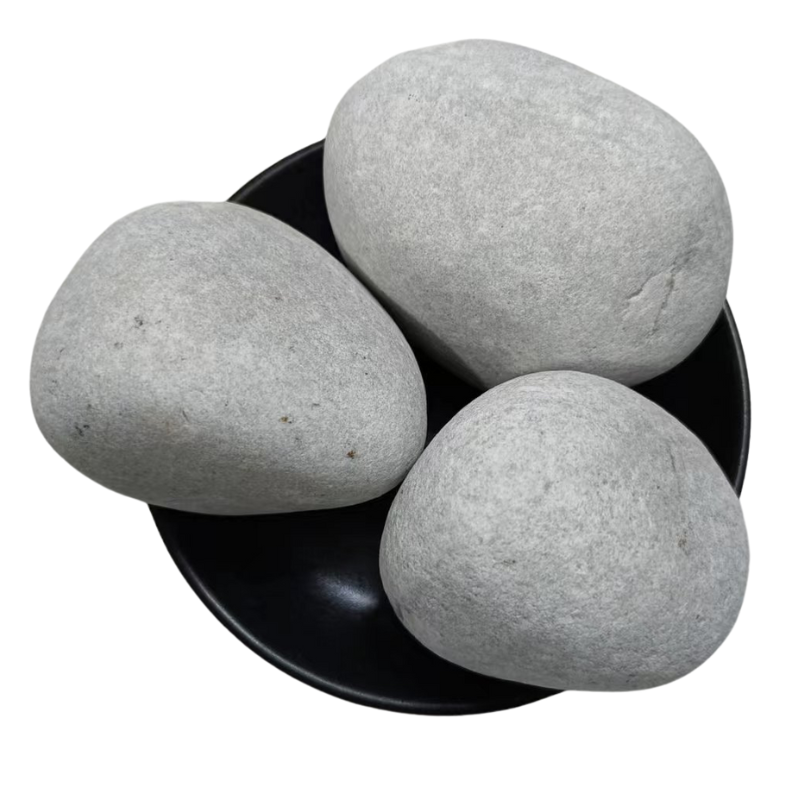
Exploring the Uses and Benefits of Sodium Bentonite Clay from China
Sodium Bentonite Clay A Versatile Natural Resource from China
Sodium bentonite clay is a naturally occurring clay composed primarily of montmorillonite, a type of aluminosilicate mineral. It is renowned for its unique properties, including high absorption capacity, swelling behavior, and thixotropic characteristics, making it a valuable resource in various industries. China, being one of the leading producers of sodium bentonite clay, has tapped into its potential, harnessing its benefits across a range of applications.
Composition and Properties
Sodium bentonite clay derives its name from the town of Fort Benton in Wyoming, USA, but significant deposits are found in various locations worldwide, including China. The clay consists of layered structures that can absorb water, causing it to expand and increase in volume. This swelling property makes sodium bentonite an ideal candidate for applications in construction, environmental engineering, and even food production.
One of the most important characteristics of sodium bentonite is its high plasticity and viscosity when mixed with water, allowing it to be easily molded and shaped. Additionally, it exhibits excellent adhesive properties when wet, which is particularly useful in sealing applications. Its ability to retain moisture makes it popular in agriculture, while its absorbent nature is beneficial for environmental remediation projects.
Applications in Various Industries
1. Construction and Civil Engineering Sodium bentonite is widely used in the construction industry, primarily as a sealant for landfills and ponds to prevent water seepage. When applied as a liner, it forms a semi-permeable barrier that effectively blocks contaminants from leaching into surrounding soil and groundwater. It is also utilized in drilling mud for oil and gas exploration, where it helps to stabilize boreholes and remove cuttings.
china sodium bentonite clay

2. Environmental Remediation The application of sodium bentonite in environmental protection is significant. It is commonly used to encapsulate and immobilize hazardous waste materials. In addition, its absorbent nature makes it useful in cleaning up oil spills and other pollutants, where it can bind with contaminants and facilitate their removal.
3. Agriculture In agriculture, sodium bentonite clay is used as a soil conditioner. It enhances soil structure, improves water retention, and aids in preventing erosion. Farmers utilize it to enrich the soil with essential nutrients, fostering better crop growth and health.
4. Food Industry Surprisingly, sodium bentonite finds its way into the food industry as well. It is used in wine making and juice processing as a clarifying agent, helping to remove impurities and improve the clarity of the final product. Its ability to adsorb unwanted flavors and colors can also enhance the overall quality of food and beverages.
5. Cosmetics and Personal Care The cosmetic industry has recognized the utility of sodium bentonite in skincare products. Its detoxifying properties make it an essential ingredient in facial masks and body scrubs, where it helps draw out toxins, impurities, and excess oil from the skin.
Conclusion
The versatility of sodium bentonite clay makes it a crucial resource in numerous sectors. China's rich deposits of this natural material enable the country to play a pivotal role in meeting global demands. As industries continue to explore sustainable and natural solutions, sodium bentonite stands out as an eco-friendly option. Its wide-ranging applications, from construction to cosmetics, underline its importance as a multifunctional material. As research and technology advance, the potential uses of sodium bentonite clay are likely to expand further, cementing its position as an invaluable resource in the modern world.
Share
-
Premium Pigment Supplier Custom Solutions & Bulk OrdersNewsMay.30,2025
-
Top China Slag Fly Ash Manufacturer OEM Factory SolutionsNewsMay.30,2025
-
Natural Lava Rock & Pumice for Landscaping Durable Volcanic SolutionsNewsMay.30,2025
-
Custom Micro Silica Fume Powder Manufacturers High-Purity SolutionsNewsMay.29,2025
-
Custom Mica Powder Pigment Manufacturers Vibrant Colors & Bulk OrdersNewsMay.29,2025
-
Custom Micro Silica Fume Powder Manufacturers Premium QualityNewsMay.29,2025






